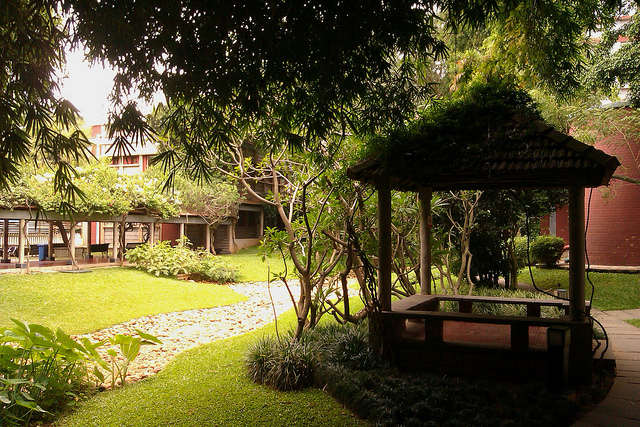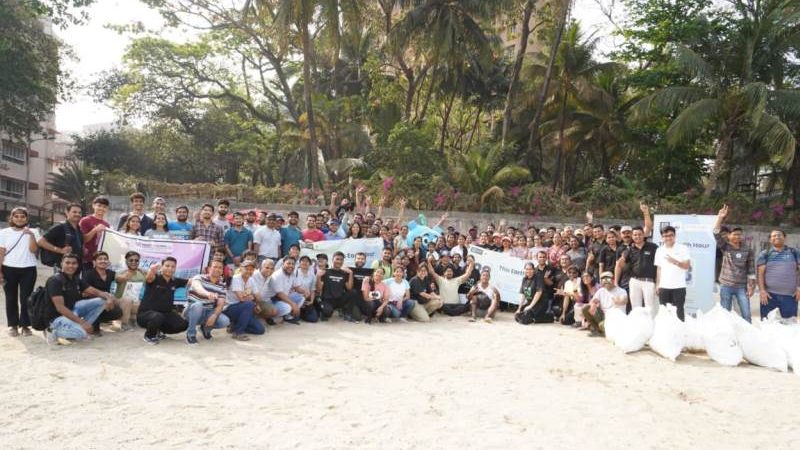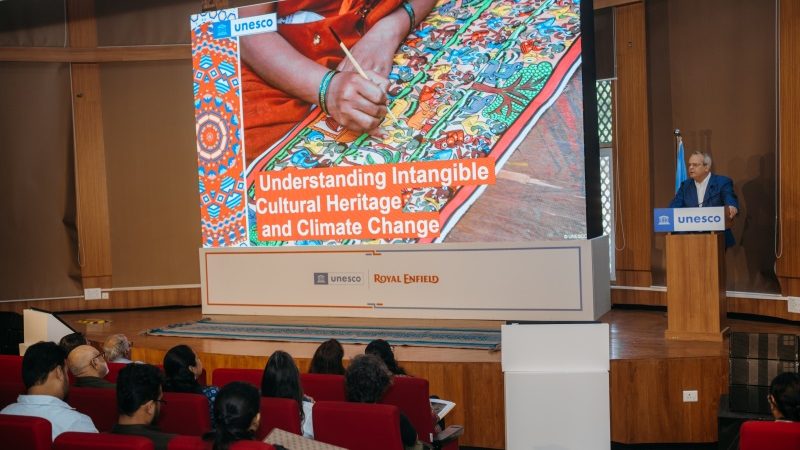Infosys Unveils Sustainability Report 2016-17

Climate change and sustainable development continue to be the most-discussed topics of recent times, with a myriad of rules and guidelines laid down to keep the stability of natural systems intact. The GRI or Global Reporting Initiative is one such international organisation that assists businesses and other organisations in analyzing and communicating the impacts of their actions on environment, society and the economy.
The G4 Guidelines, now GRI Standards, help generate significant information that can promote effective decision-making by companies and their stakeholders. Tech giant, Infosys, has recently revealed its Sustainability Report 2016-17 which is in-tandem with the Global Reporting Initiative G4 Guidelines.
The company has also completed a decade of reporting on sustainability disclosures. Keeping in mind the company’s sustainability strategy and sustainability policy, it has targeted its actions towards mitigating environmental harm by adopting effective water treatment technology, becoming energy efficient, conserving biodiversity, minimizing waste-to-landfills and switching to renewable energy.
The company has recorded a 51% reduction in per capita consumption of electricity in fiscal 2017, against the baseline set in fiscal 2008. Moreover, it also managed to achieve its goal of ‘reducing per capita consumption by 50% in fiscal 2018’ with an year more to spare.
Presently, over 20 million sq. ft. of built up area, consisting of 91 buildings is being monitored through a Central Command Center in Bengaluru and Mysore. Furthermore, Infosys has achieved 15.2MW of installed solar capacity across all campuses in India, with nearly 44.6% of total energy requirement being fulfilled by renewable resources.
In fiscal year 2017, there are currently 6 carbon offset projects in progress with an aim to bring down Scope 2 emissions over business-as-usual scenario by 50%. Infosys has been leading the path when it comes to green infrastructure. It has 17 LEED (Leader in Energy and Environmental Design) platinum-rated buildings and 4 GRIHA 5-star rated buildings. The Pune campus has become the largest campus in the world to be awarded with highest certification for green buildings- LEED Platinum.
As waste-management continues to be a huge hurdle in India, Infosys has secured its place among the first few countries of the nation to adopt automation in waste management system. The company has 9.25 TPD installed capacity of bio-gas plants and 3.1 TPD installed capacity of composting plants, currently treating 63% of its generated waste. Water conservation and treatment has also been a top priority of the company with 270 injection wells and 25 lakes for rainwater harvesting and 8.3% reduction in per capita consumption of freshwater.
The release of this report takes Infosys another step close to realizing its environmental responsibility and contributing towards a clean, green today and a more promising tomorrow.



